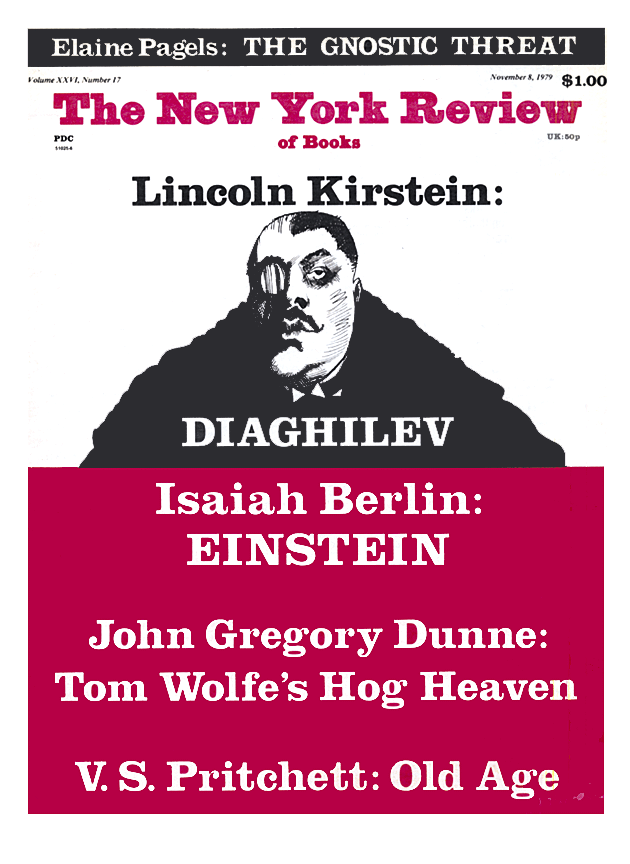(James T. Farrell, 1904-1979)
I’m availing myself of the voice of my brother Kevin to pay my respects to my valiant and valued old friend and fellow-writer. Respect is one of the modes of feeling Jim Farrell elicited quite simply and naturally, without any intention of producing that effect. As he grew older, he achieved wisdom, though in fact, thinking back, I see that he did not lack it even in his younger and more pugnacious days. He always had the wisdom that goes with candor and a sense of essentials, the native wisdom a child has and that most people, at best, only regain with the mellowness, so called, of old age.
Jim Farrell’s honesty, as writer and person, was a byword, but it’s perhaps not so commonly realized how reflective a man he was. Extraordinarily well read, from his earliest years, and with a sturdy intellect, he was continually meditating, revolving moral, political, and intellectual problems in his mind, turning them over and over, upside down and downside up, arriving at distinctions and definitions—much of this, no doubt, he owed to his Catholic training. But, aside from that bent or inclination, he was remarkable in being a totally serious mind, which is not to say that he was wanting in humor. There was a drollery about him that rarely showed in his writing but, rather, in his physical being, in the merry dimples he never lost, in his slow way of speaking and habit of putting his head to one side as if lazily listening to himself or others orate.
The impression of bodily laziness he often made was misleading in that he was prodigiously industrious, as his production testifies, and his mind, as I’ve suggested, was seldom at rest. Yet his slow speech and indolent gestures were true to something else, something fundamental to his nature: he was at ease with himself. This rare quality—and rarest of all among writers—was doubtless the source of his strength. He never seems to have had any problem with touching bottom in himself. Impossible to imagine Farrell affected, Farrell hypocritical, false, insincere. To praise him for his integrity is almost a waste of breath, for he was cut from the whole cloth—one guesses—to start with and had no temptations to wear a coat of many colors or be a chameleon taking on the color of his environment. Being sound to the core, he had good judgment—of character and of political and literary matters. He had a wonderful ear for false notes, though how he got it is a mystery in a way, since it’s unlikely that he had the prior experience—highly painful—of detecting them in himself.
To be a friend of Farrell’s was a reassurance; it told you that there must be more good in you than you had sometimes suspected. That almost unerring judgment deserved to be trusted. Yet there was his generosity, which extended to old friends and also—remarkably—sometimes to old enemies. He was an important figure in our literary and moral history who will be remembered with pride and love, for he was a completely lovable being as well as an author and influence. It became him that he died, peacefully, in his sleep—clear, surely, in his conscience and unworried about his laurels. My salute to him.
This Issue
November 8, 1979


